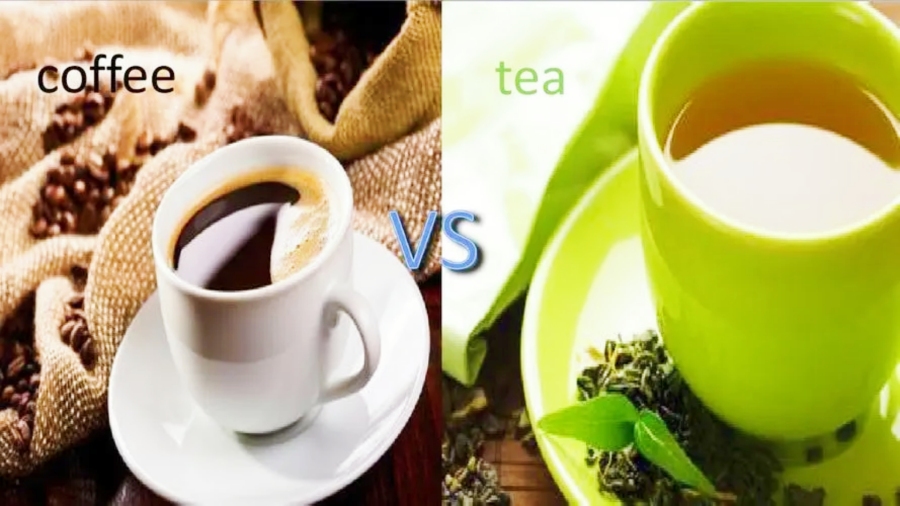Tea Knowledge

Tea vs. Coffee Showdown:Which Brew Rules Your Mornings?
Today, we're diving into the fascinating journey across the "coffee vs tea map," exploring the rich landscapes where these beloved beverages reign supreme. Both tea and coffee are celebrated worldwide for their unique flavors and energizing properties, thanks to caffeine—a compound they both share. While tea is renowned for its delicate taste, coffee stands out with its robust profile. Yet, despite their taste differences, the common thread of caffeine weaves through, offering a boost of energy to enthusiasts of both drinks.
Caffeine, a stimulant found in both "tea and coffee," plays a pivotal role in warding off drowsiness and rejuvenating our mental state. It's interesting to note that caffeine is part of the methylxanthine family, distinct from its cousins theophylline and theobromine due to its molecular structure. This difference lends caffeine its potent effect on our energy levels. Once ingested, caffeine undergoes metabolism in the liver, breaking down into paraxanthine, theobromine, and theophylline—each contributing to our body's response to this stimulant.
As we navigate the "caffeine in tea vs coffee" terrain, it's essential to acknowledge that both tea and coffee are prime sources of caffeine. However, tea uniquely contains theophylline alongside caffeine, which significantly influences its stimulating effect. Although tea leaves can contain up to 5.5% caffeine—potentially double that of coffee beans—many find coffee to be the more invigorating option. This discrepancy highlights how caffeine content alone doesn't fully dictate a beverage's refreshing quality; factors such as flavor, aroma, and caffeine release rate also play crucial roles.
Delving deeper into the "coffee vs tea map," we discover that the caffeine content in our cup can vary widely due to factors like brewing methods and the type of beans or leaves used. For instance, ripe pu-erh tea ranks high on the caffeine scale among teas, while espresso leads in the coffee category. Despite these variances, when comparing brewed beverages, coffee generally offers a higher caffeine dose than tea.
However, it's not just about quantity; the quality of caffeine also matters. The biochemical makeup of fresh tea leaves, influenced by variables like harvest time and processing methods, determines the caffeine level in tea. Similarly, the choice of coffee beans and their preparation can affect the caffeine content in coffee.
Globally, our consumption of "tea and coffee" amounts to an impressive 120,000 tons of caffeine annually, with coffee contributing 50% and tea 40%. While some may experience adverse effects from caffeine, moderate consumption can offer numerous health benefits, including increased metabolism, enhanced exercise performance, and antioxidant properties.
For those mindful of their caffeine intake, options like decaffeinated beverages or naturally caffeine-free herbal teas provide alternatives without sacrificing flavor or ritual.
In conclusion, as we traverse the "coffee vs tea map," it's clear that both beverages offer unique experiences shaped by their caffeine content. Whether you're drawn to the subtle elegance of tea or the bold richness of coffee, understanding the nuances of "caffeine in tea vs coffee" enriches our appreciation for these timeless drinks.
Join us at www.admiringazeland.com for more insights and a wide selection of tea and coffee products. Your support fuels our passion for sharing the wonders of "tea and coffee" with you.
0users like this.




